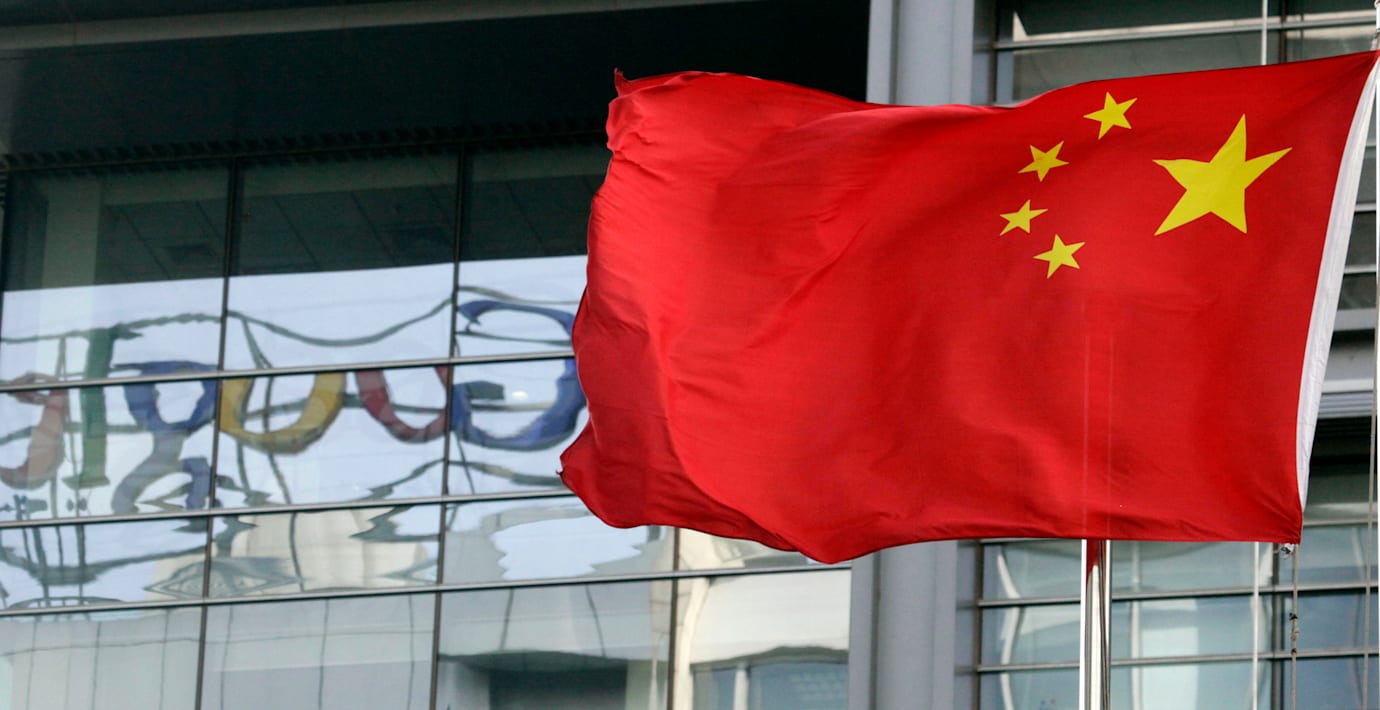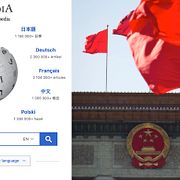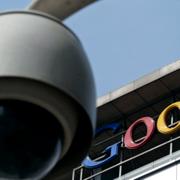
Amnesty: Googles planer en katastrof för it-åldern
Om Google gör verklighet av sina påstådda planer på en censurvänlig sökmotor för den kinesiska marknaden, hade det varit en ”stor katastrof för informationsåldern” och för informations- och internetfriheten. Det säger Amnesty International-forskaren Patrick Poon till The Intercept.
– Att världens största sökmotor viker sig för Kinas censur är en seger för den kinesiska staten, det sänder en signal att ingen kommer att orka utmana censuren längre, säger han.
Enligt interna dokument och anonyma källor med insyn planerar Google att lansera en version av sin sökmotor i Kina, där söktermer kopplade till bland annat mänskliga rättigheter, religion och demokrati är svartlistade.
bakgrund
Internetcensuren i Kina
Wikipedia (en)
Internet censorship in China is among the most extensive in the world due to a wide variety of laws and administrative regulations. More than sixty Internet regulations have been created by the government of China, which have been implemented by provincial branches of state-owned ISPs, companies, and organizations. According to CNN, the apparatus of China's Internet control is considered more extensive and more advanced than in any other country in the world. The governmental authorities not only block website content but also monitor the Internet access of individuals; such measures have attracted the derisive nickname "The Great Firewall of China."
Amnesty International notes that China "has the largest recorded number of imprisoned journalists and cyber-dissidents in the world," and Paris-based Reporters Without Borders stated in 2010 and 2012 that "China is the world's biggest prison for netizens." The offences of which they are accused include communicating with groups abroad, signing online petitions, and calling for reform and an end to corruption. The escalation of the government's effort to neutralize critical online opinion and organizing comes after a series of large, anti-pollution, anti-corruption protests, and ethnic riots, many of which were organized or publicized using instant messaging services, chat rooms, and text messages. The size of the Chinese Internet police force was reported by the state government to be 2 million in 2013.Carrie Gracie wrote that local Chinese businesses such as Baidu, Tencent, and Alibaba, some of the world's largest internet enterprises, benefited from the way China has blocked international rivals from the market, encouraging domestic competition.Since May 2015, Chinese Wikipedia has been blocked in mainland China. This was done after Wikipedia started to use HTTPS encryption which made selective censorship impossible or more difficult.
Although the censorship affects the whole nation, it does not affect China's special administrative regions such as Hong Kong and Macau. This is because these regions enjoys a high degree of autonomy, as specified in local laws and the "One country, two systems" principle. Nevertheless, it was reported that the central government authorities has been closely monitoring the Internet use in these regions.
Omni är politiskt obundna och oberoende. Vi strävar efter att ge fler perspektiv på nyheterna. Har du frågor eller synpunkter kring vår rapportering? Kontakta redaktionen



